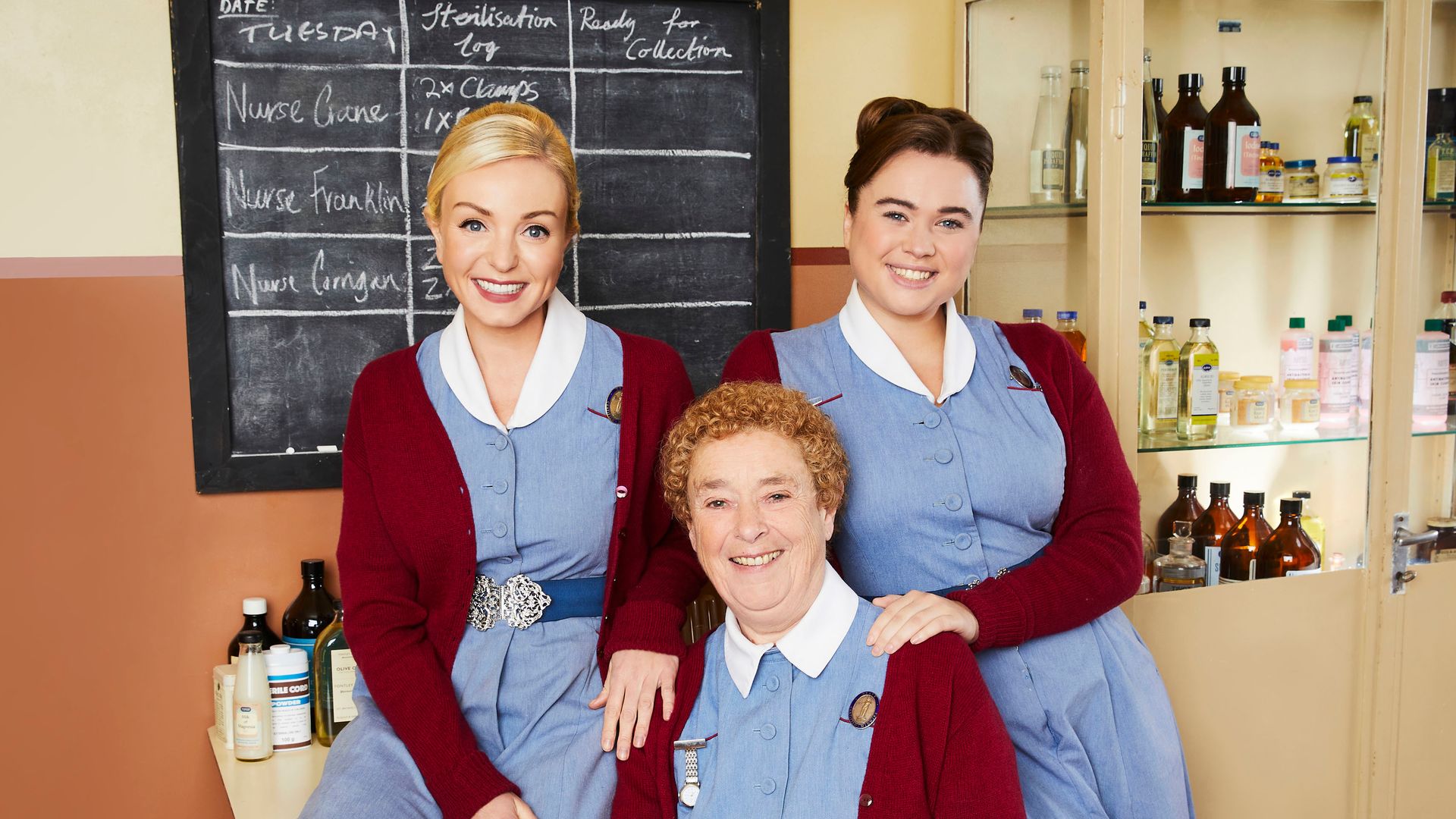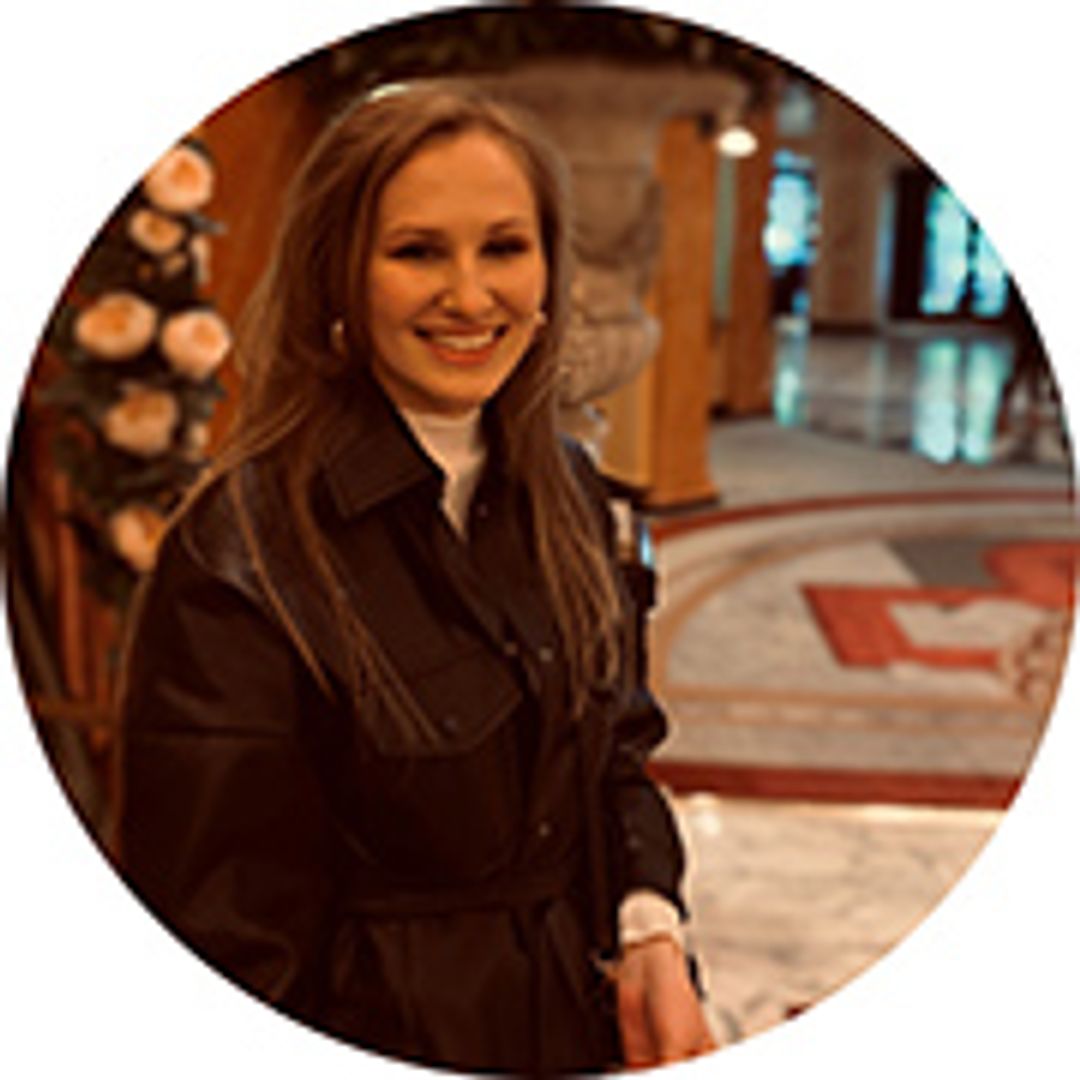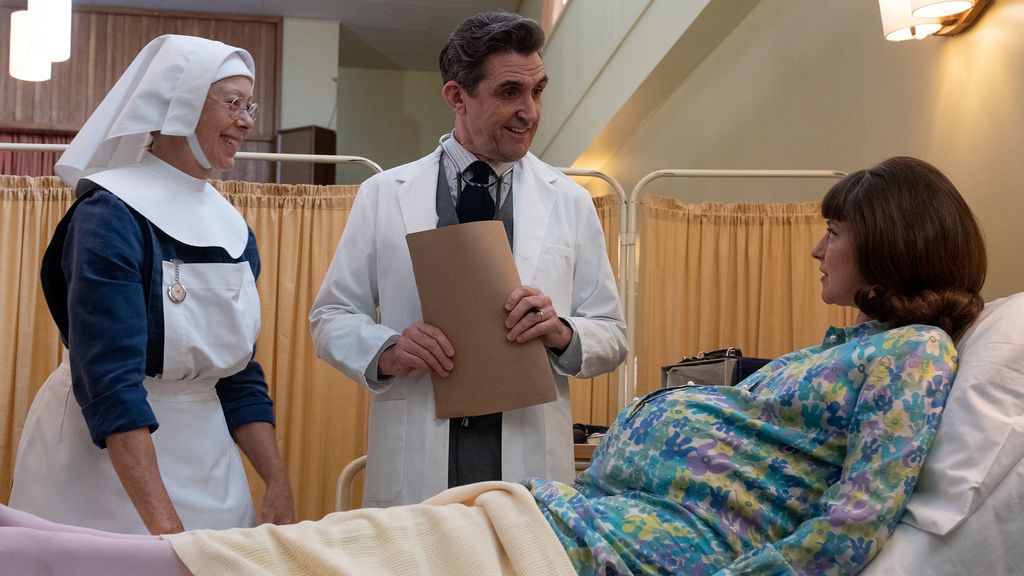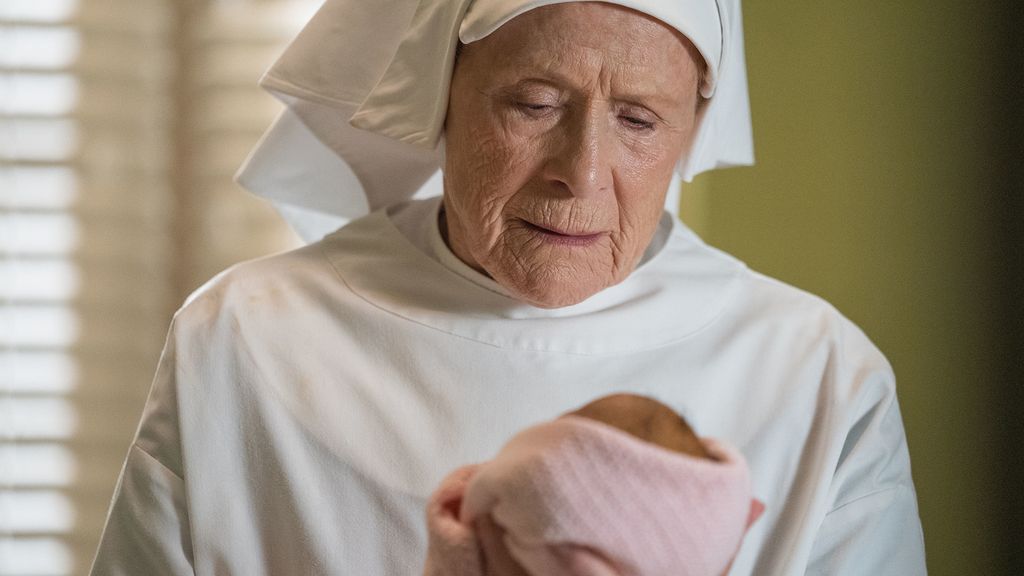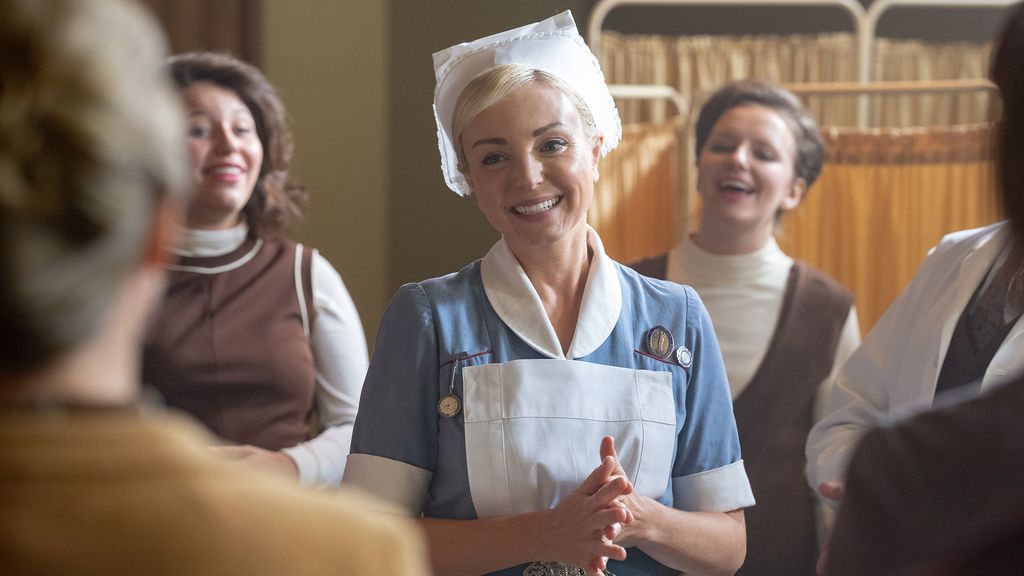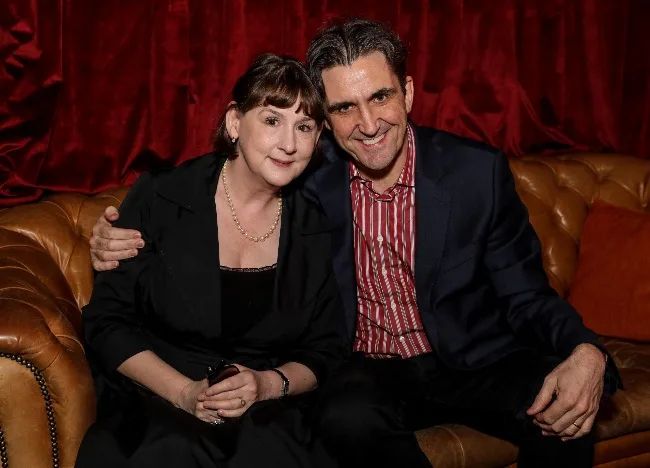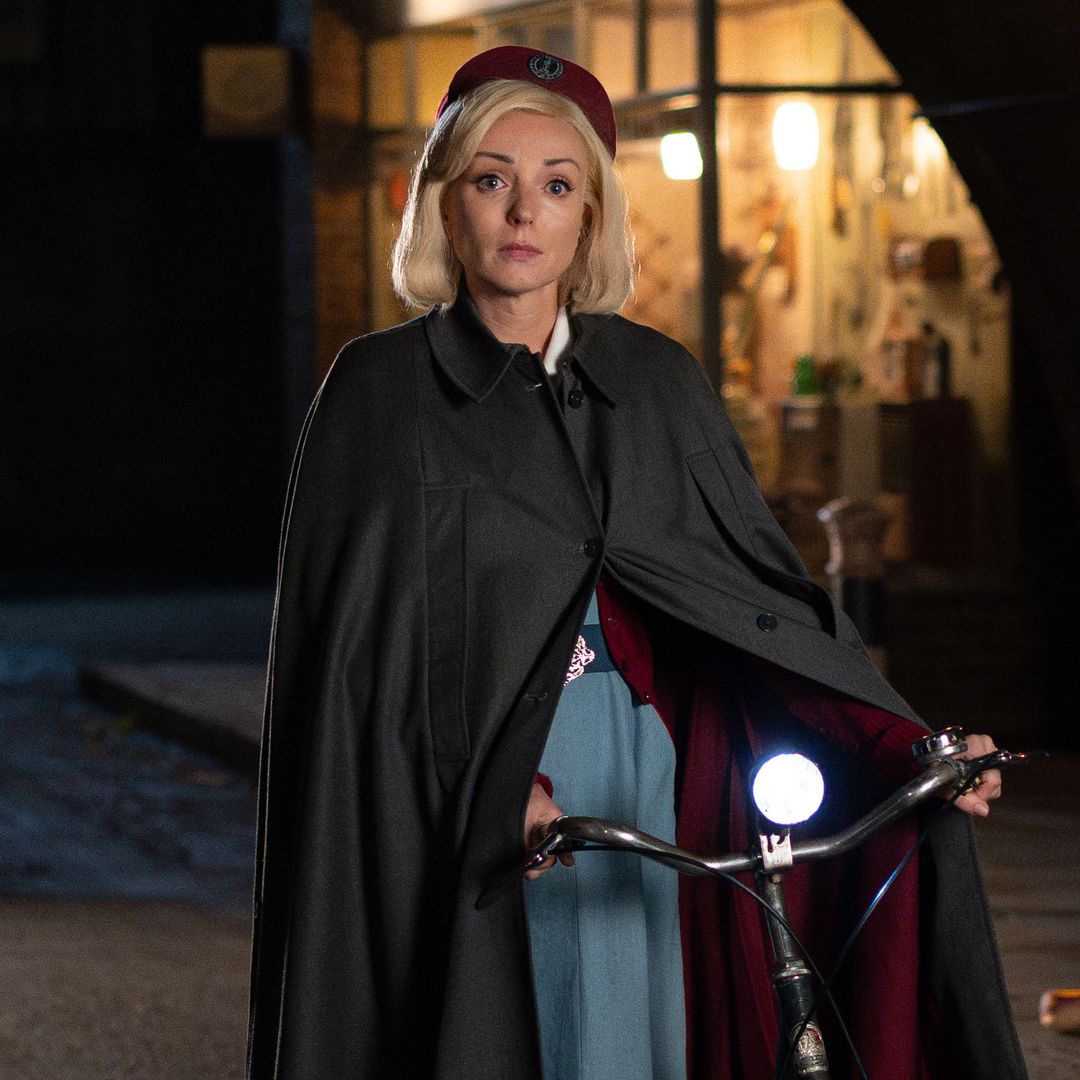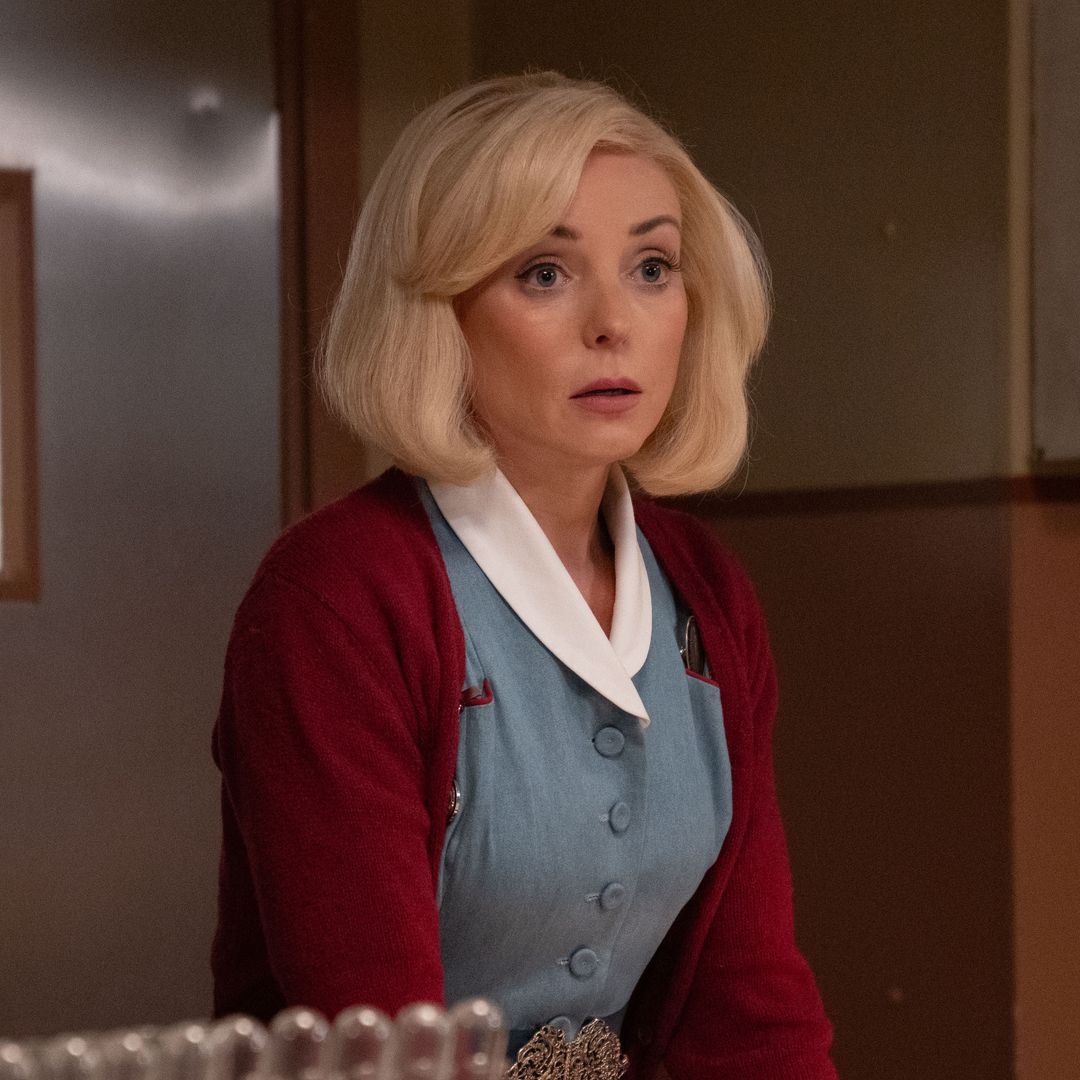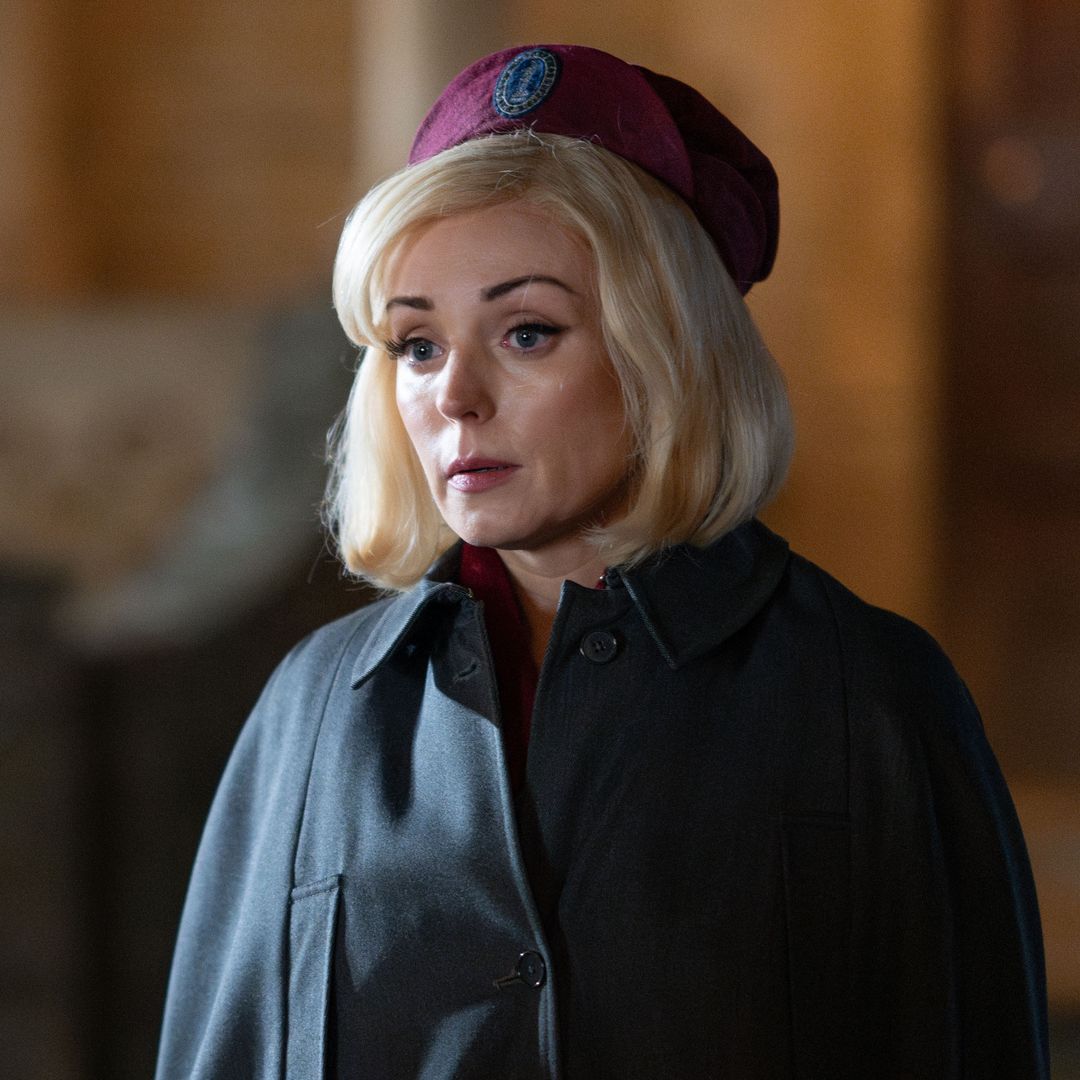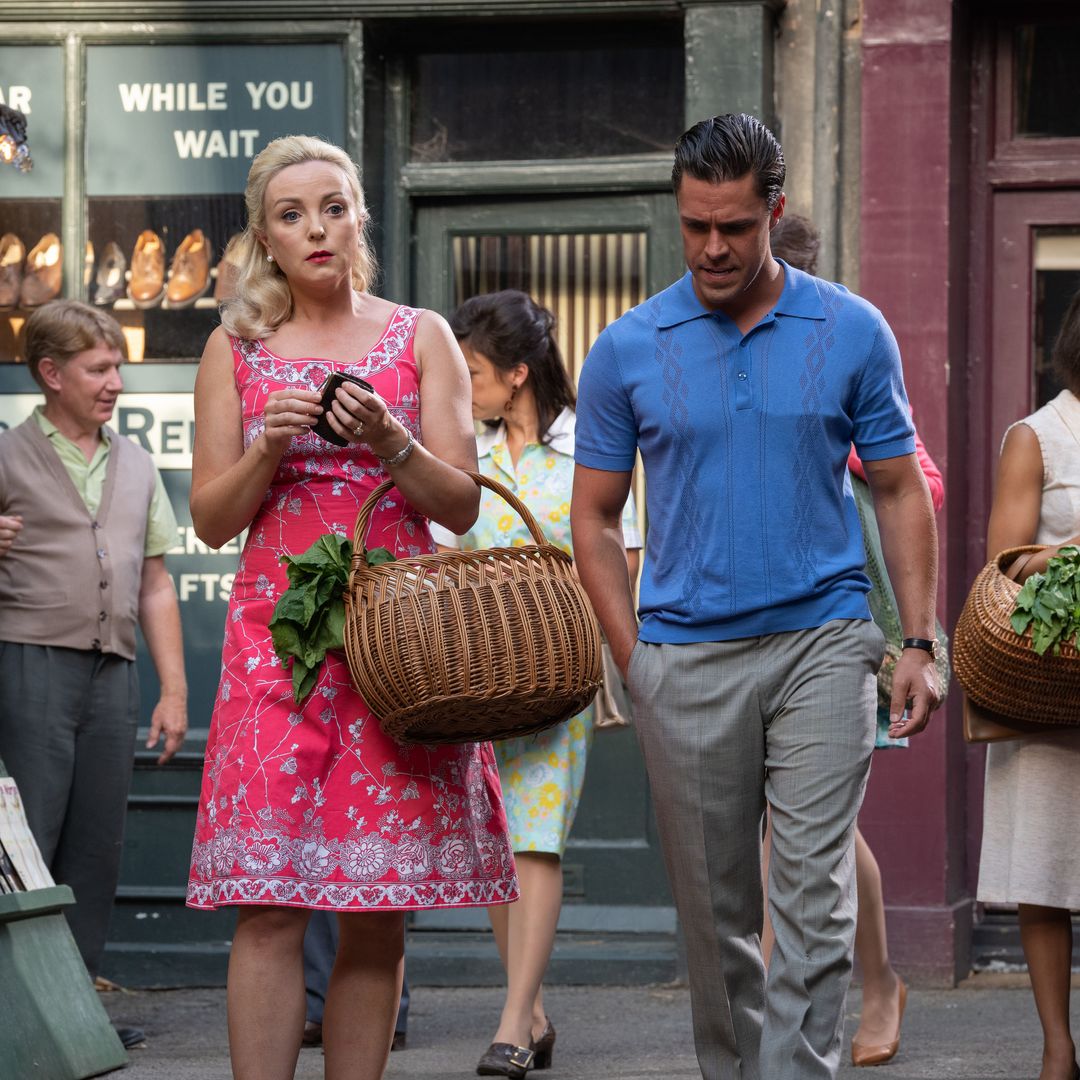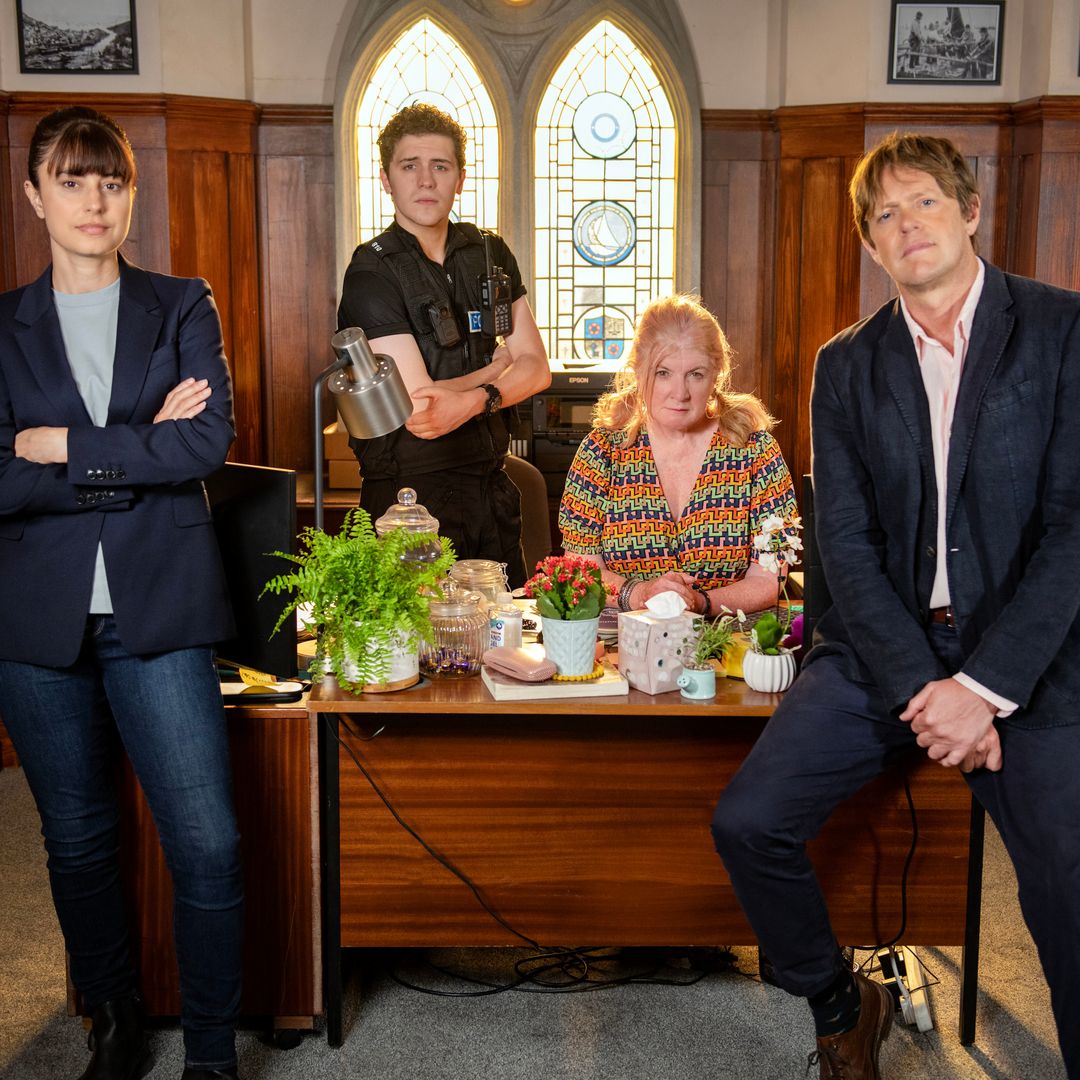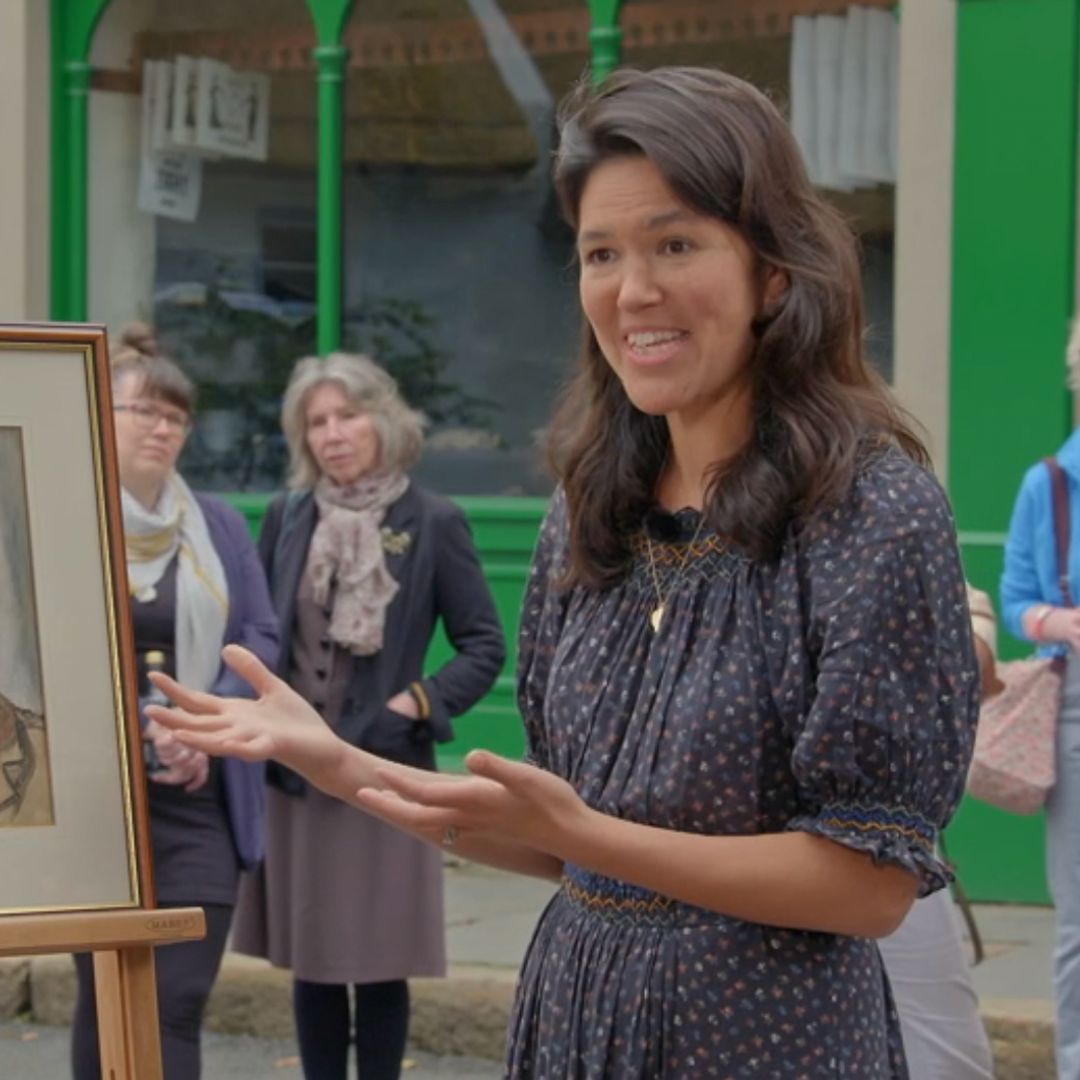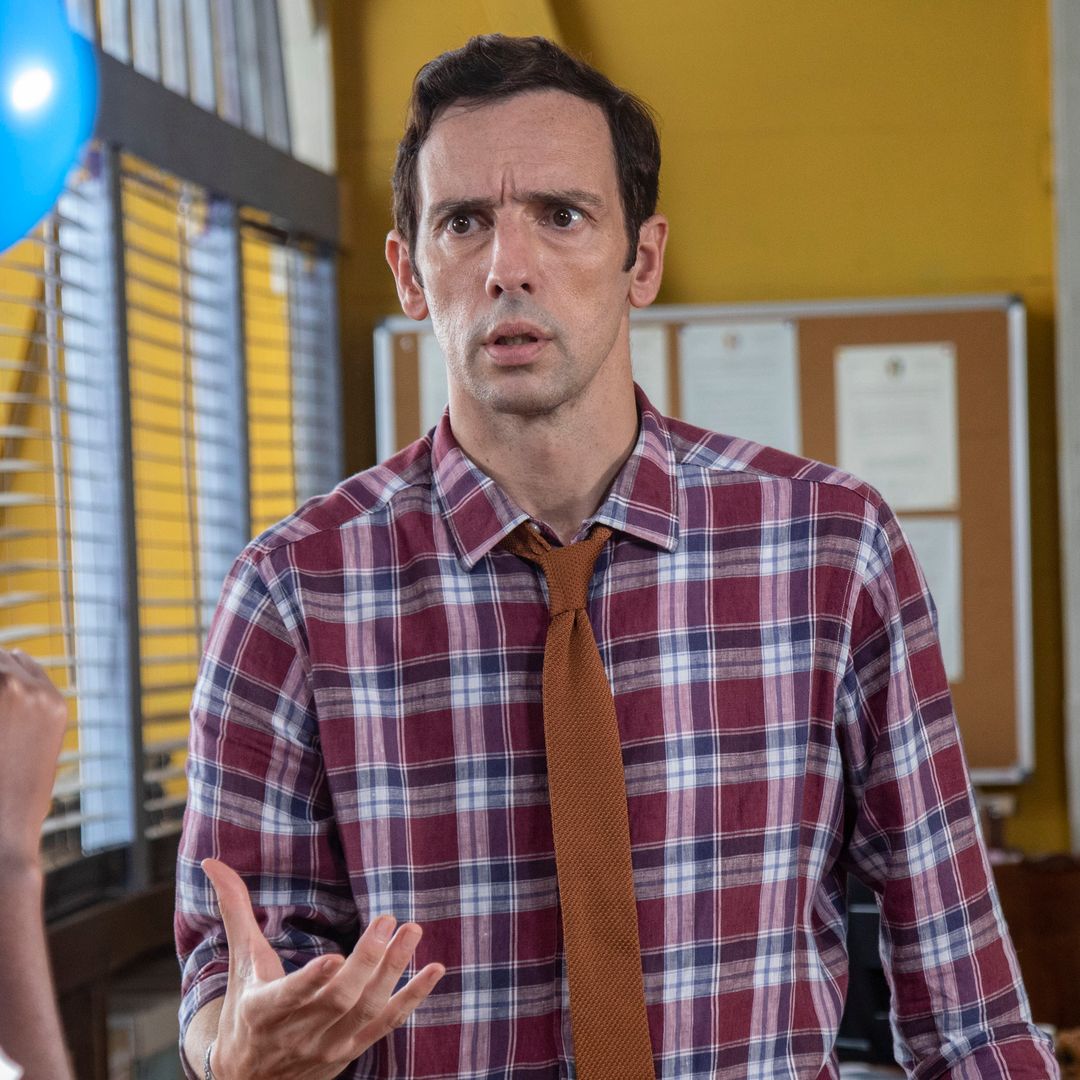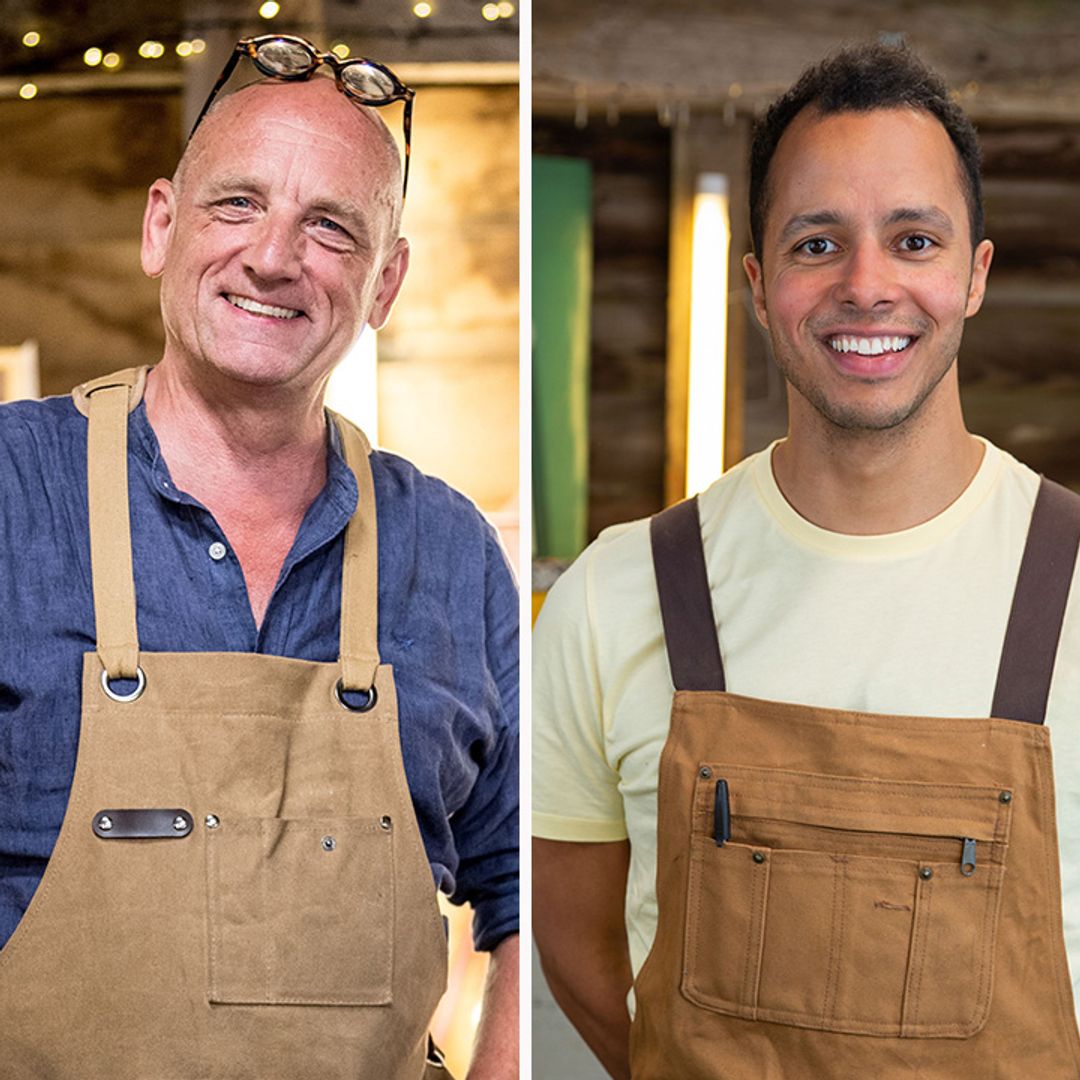The BBC's Call the Midwife has responded to claims that it should come with a health warning after academics said that programmes showing "inaccurate" and "outdated" birthing practices could be misinterpreted.
Experts from two universities examined a total of 87 births in 48 episodes of Call The Midwife, This Is Going To Hurt, and One Born Every Minute. They found that a third showed inaccurate or dramatised depictions of medical professionals clamping the umbilical cord, according to the paper published in the journal JRSM Open.
While guidelines from the National Institute for Health and Care Excellence (NICE) state that the umbilical cord should not be cut earlier than a minute after birth, experts found that in the episodes they looked into, it appeared to happen immediately or just after in 21 cases.
Susan Bewley, professor emeritus of obstetrics and women's health at King's College, said: "We are impressed that UK television shows have accurately depicted some changes in childbirth over the last century. But on the other hand, they have also provided the public with a picture of poor-quality care when it comes to clamping during childbirth.
"These inaccurate depictions could influence how people see real-world care. We saw too early cord clamping in most televised births but no programme informed viewers about the safety aspects."
Andrew Weeks, who is Liverpool University's professor of international maternal health, added: "Health professionals know that midwives and doctors should not interrupt the flow of blood to the newborn baby nor separate the mother and baby without a pressing reason, and yet this is what is being shown on popular television programmes as common practice.
"Incorrect depictions like this, however routine, can lead to misinterpretations of correct practice by the public.
"This illustrates the need for safety recommendations when TV dramas show birthing practices and procedures that are outdated and inaccurate."
In response to the study, a spokesperson from Call the Midwife said: "Call The Midwife is a drama, not a documentary, and is set half a century ago.
MORE: The cast of Call the Midwife cast and their real-life children
READ: 10 Call the Midwife stars who left the show and why
"It is highly accurate to the period it depicts, and shows how childbirth has changed radically over the years."
Call the Midwife is a period drama set in the late 1950s and 60s that follows a group of nurse midwives working in the East End London district of Poplar.
The series, which began airing in 2012, has won numerous awards over the years and has been praised for its sensitive handling of a wide variety of topics and social issues, including miscarriage, birth defects, poverty, and prejudice.
The series is written and created by Heidi Thomas, and is based on the memoirs of Jennifer Worth, who worked as a nurse and midwife in London's East End in the 1950s.
